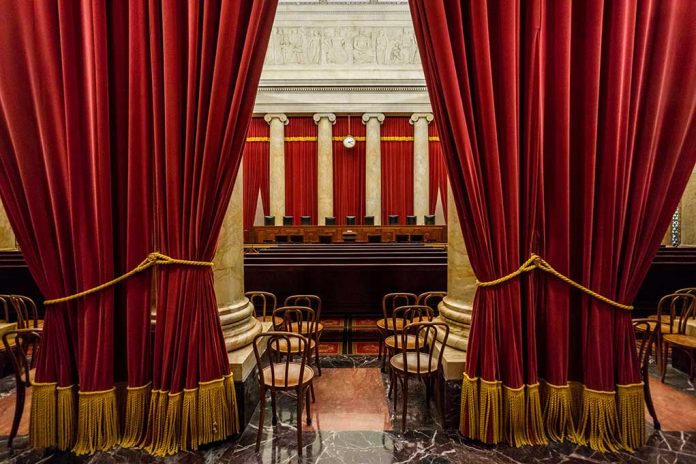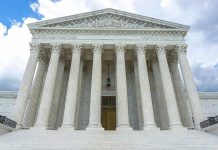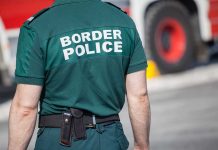
(NewsInsights.org) – The US Supreme Court (SCOTUS) heard oral arguments on Thursday, February 8, in a case from its emergency docket, Trump v Anderson. The High Court must decide who has standing to apply the exclusions of Section Three of the 14th Amendment, sometimes called the Insurrection Clause, and, more specifically, whether any state holds such standing. Keen court observers have said the questions the Justices raised during arguments suggest the SCOTUS is leaning toward vacating the lower court’s order.
Last fall, voters in Colorado sued to remove former President Donald Trump’s name from primary and general ballots. They claimed he had organized and participated in an insurrection on January 6, 2021, because he violently opposed the peaceful transfer of power to his political successor. Lawyers for the voters cited Section Three of the 14th Amendment as justification for removing his name from ballots. However, the specific language of the section lists several types of government officers but never specifically mentions the office of the president.
The case moved through the state courts and came before the Colorado Supreme Court on appeal in December. The state’s high court affirmed a lower court’s finding that Trump had participated in an insurrection but reversed the lower court’s finding that Section Three didn’t apply to presidents. On December 19, the highest Colorado court ordered the state to remove Trump’s name from primary and general ballots but stayed its order until January 4 to allow the SCOTUS the option to rule on the case.
Justice Ketanji Brown Jackson questioned why the amendment’s authors wouldn’t have specifically mentioned the president if they actually intended to include the office. She suggested that the ambiguity left the point open to interpretation.
Justice Brett Kavanaugh raised the issues of democracy and disenfranchisement. He argued that removing Trump’s name would remove the ability to choose from a large percentage of voters, effectively disenfranchising them.
Kavanaugh and Chief Justice John Roberts concurred that Congressional action, not unilateral action from states, should engage Section Three. Roberts clarified that the other sections of the 14th Amendment restricted states’ powers and suggested that allowing states to disqualify candidates would have significantly strayed from the path the rest of the amendment took.
Noting that the federal government had not charged, much less convicted, the former president with insurrection, Kavanaugh said statutory tools already existed to exclude convicted insurrectionists from elected positions. Additionally, Roberts also questioned how Republican-voting states might retaliate if the SCOTUS upheld the state Supreme Court ruling. He suggested that several would find grounds for disqualifying Democratic candidates, potentially leaving just a handful of states to decide who becomes president.
Given the urgent and time-sensitive nature of the case, court watchers expect the SCOTUS to return a decision soon.
Copyright 2024, NewsInsights.org

















